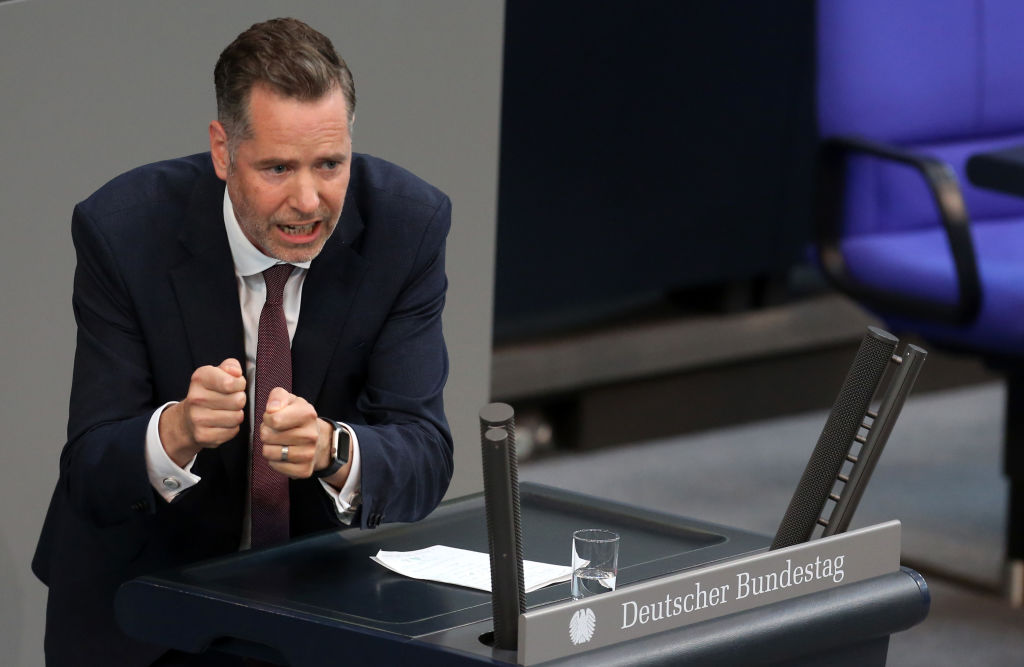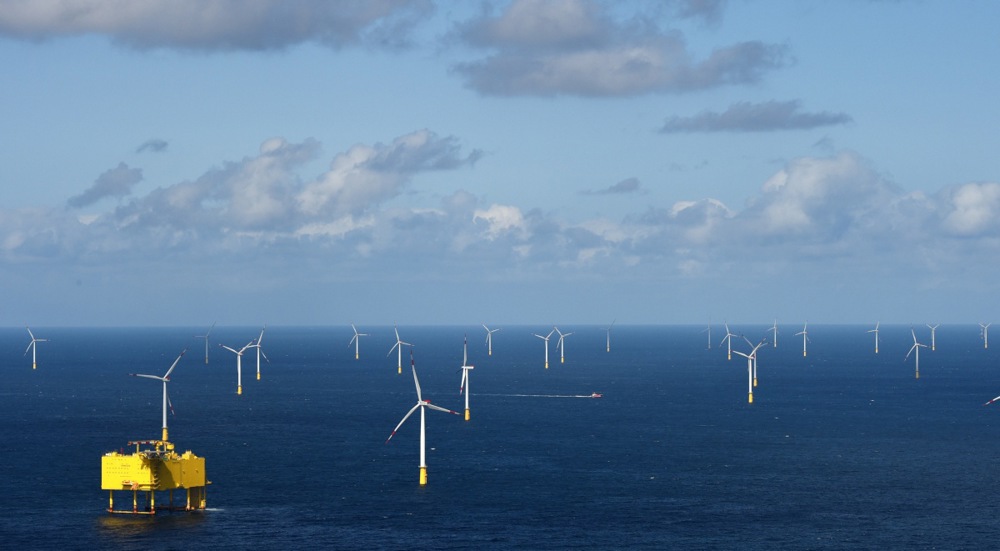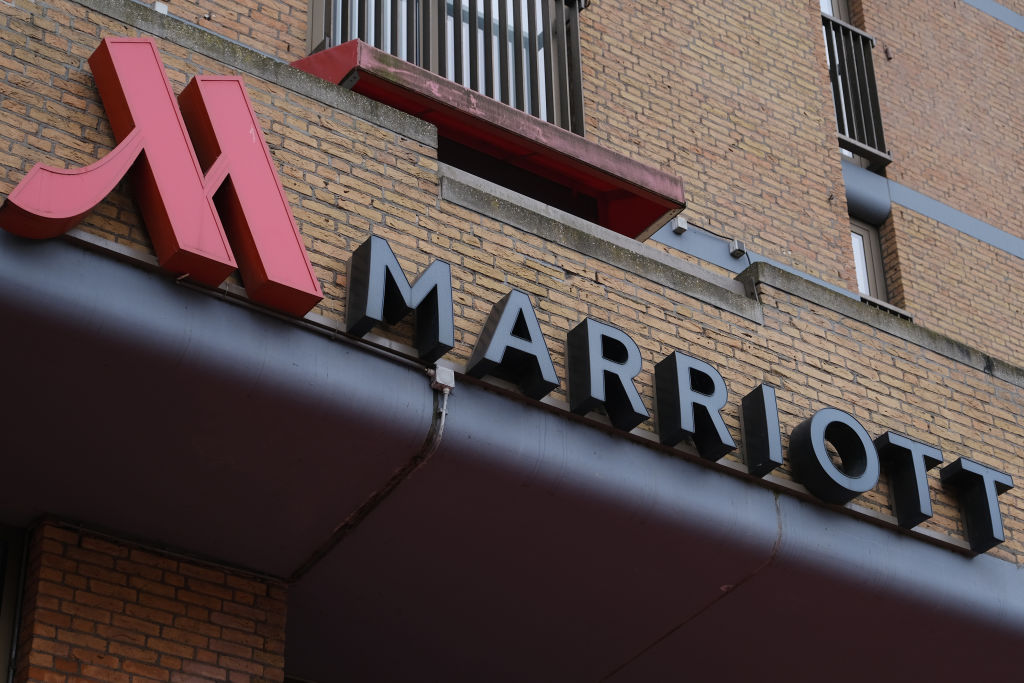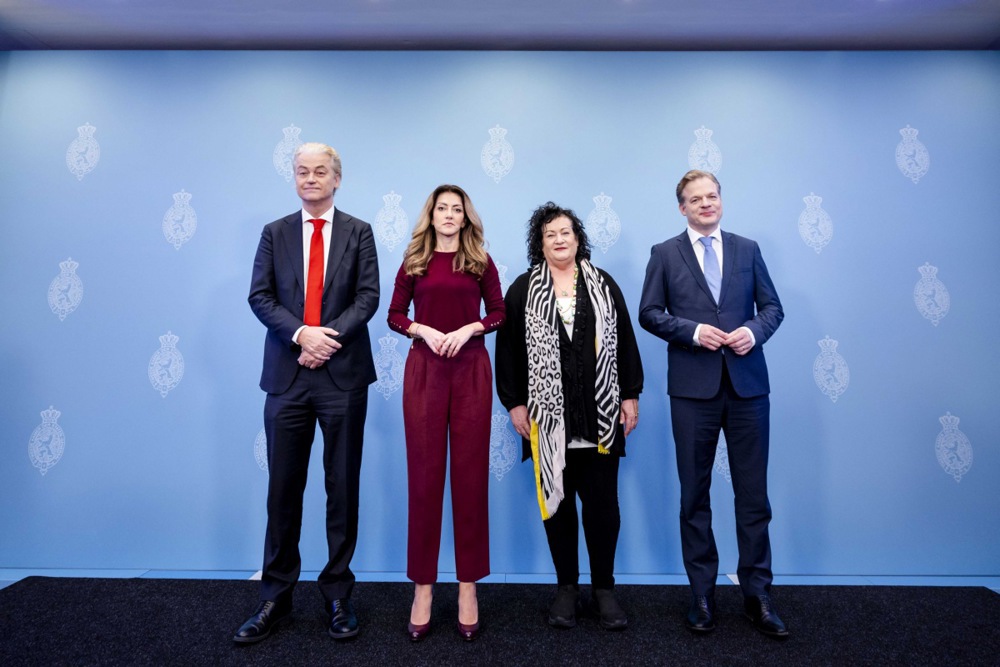European Liberals are in turmoil following the decision by the Dutch Liberal VVD party to join a coalition government with Geert Wilders. Group president Valérie Hayer said it is “unacceptable” to work with the “far right”.
In a message on social media, the Renew group leader stated her “total disapproval” and “strong concern” about developments in the Netherlands.
“The PVV stands opposed to everything we defend regarding values, rule of law, the economy, climate, and of course, Europe,” she said. “An agreement with this sort of party is at odds with the values we stand for.”
She continued: “Compromising with the extreme-right is unacceptable. I have always staunchly opposed it, and I will maintain that stance in the European Parliament.
“I will convene the party members of our group on June 10th.”
As this occurs just after the European elections, and given that members are now engaged in campaigning rather than formal meetings, all decisions, including the election of a new group president, will have to be postponed until after the vote.
Many within the Liberal group are dissatisfied with the Dutch coalition.
— Valérie Hayer (@ValerieHayer) May 16, 2024
During a presentation of the agreement in the Netherlands, the president of the VVD, Dilan Yesilgöz, said his members were taking responsibility for “a stable and safe” country, highlighting the ongoing support for Ukraine and climate action.
The Renew-group co-signed a pledge on May 8, “in Defence of Democracy”, declaring it would not work with the “far-right” in Europe “at any level.”
Other signees to the pledge included the Socialists of the S&D group, the Greens and the hard-left The Left group.
In the Netherlands, the VVD party is a member of the Renew group, alongside D66 and Volt, which are much smaller.
Sophie in’t Veldt, Dutch MEP and member of Volt (Belgium) said a “real” Liberal should now leave the VVD party.
Laurent Dassen, president of the Dutch Volt Party, said coalition parties in the Netherlands had “normalised the abnormal ideas of Geert Wilders.”
He claims the country is “closing itself off” to the rest of the world via “false and populist promises without vision.”
After the coalition announcement, during the plenary debate in the Netherlands, Dassen clashed with the President of the Parliament over calling PVV “far-right”.
Rob Jette, of the Dutch left-liberal D66 party said: “This agreement is full of pipe dreams on financial quicksand”, calling it a “big mistake to cut [budgets for] education and the climate”.
Other parties on the Left also criticised the agreement. Frans Timmermans, leader of the biggest opposition group in the Netherlands, called the coalition agreement a “disaster” and likewise said it was”built on quicksand.”
Timmermans called it a “PVV cabinet” and criticised the fact that other parties “didn’t make real efforts to look for alternatives… they have put the radical Right at the centre of power.”
Geert Wilders said “History is being written” and “The sun is shining again”. He emphasised the Netherlands will have “the most strict asylum policy ever”.
Wilders claimed that the simple proposing of measures on asylum will have a demotivating effect on migrants seeking to come to the Netherlands. “I really applaud it, because we are the odd one out in Europe.”
Yesilgöz stressed that liberal “core values stand firm” in the agreement, while NSC party leader Omtzigt noted that the new coalition has more “diversity” than is custom. He said the voters had given a clear signal and that they had been heard. BBB’s Van der Plas said she was happy and spoke of “great allies.”





